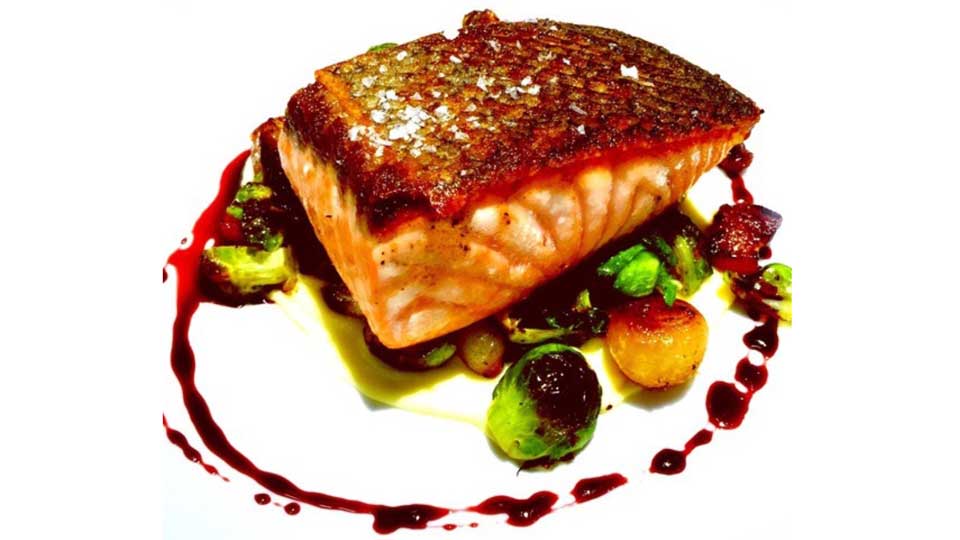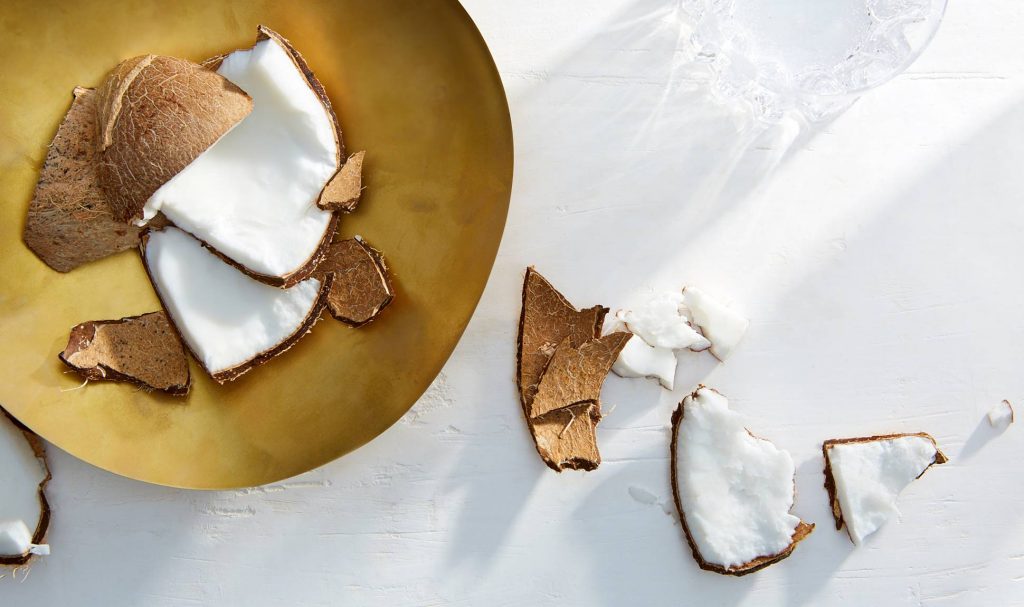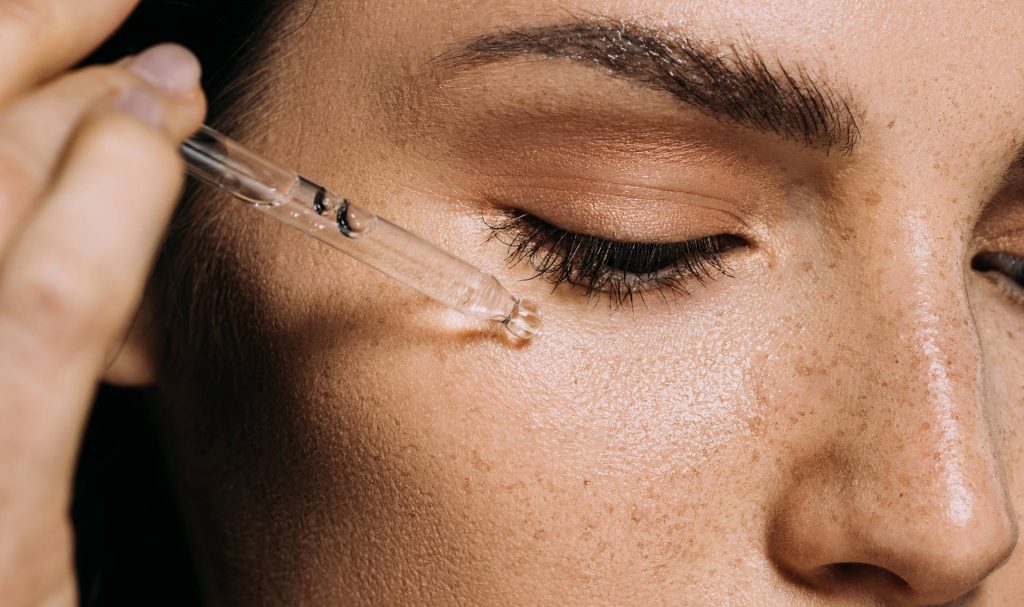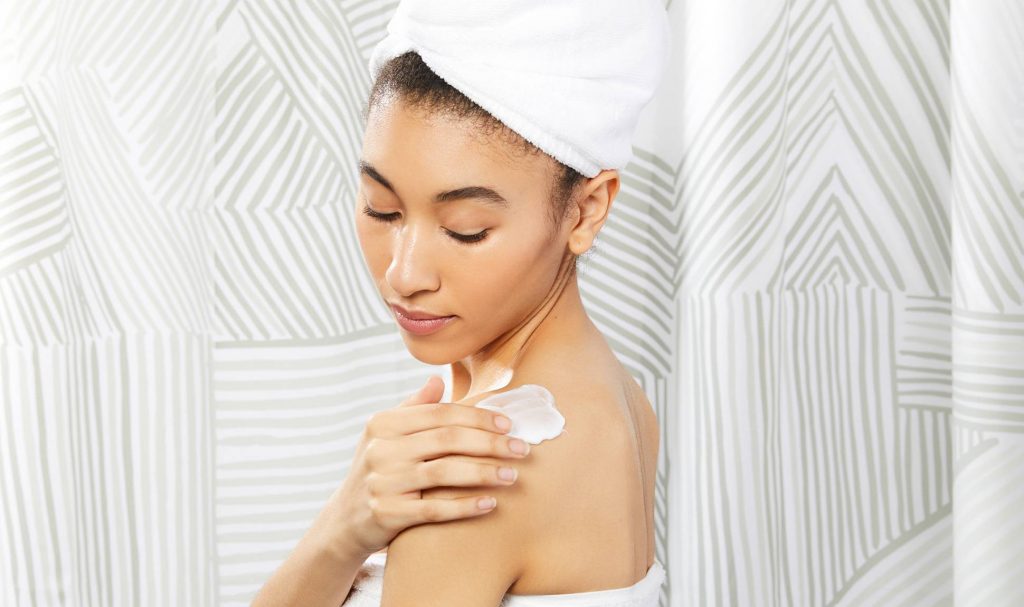There’s one acne fix that doesn’t require a trip to the dermatologist. Earlier this year, researchers recruited people ages 18 to 35 with no acne or moderate-to-severe acne (which, if you’re interested, they defined as roughly 15 active pimples at any given time) and told them to either follow their normal diet or one with a low glycemic index for two weeks. (The research was presented at the Food and Nutrition Conference Expo 2016.)
Here’s what you need to know about the glycemic index (GI): Every food has a number, and the higher the number, the faster your body breaks that food down and converts its carbohydrates to sugar. High numbers are bad; low numbers are good. Foods and drinks with lots of refined carbs and sugars have a high GI—those include sweets, soft drinks and basically anything with white flour—while fruits, vegetables, whole grains and legumes have lower scores.
Here’s how GI related to acne: When your blood sugar rises, so do your levels of a hormone called insulin-like growth factor 1 (we know; stick with us here). That hormone ramps up oil production in your skin, which leads to breakouts. “It’s a domino effect,” explains study author Jennifer Burris, PhD, RD, of New York University.
Since two weeks isn’t enough time to notice actual improvement in your skin—that generally takes 10 to 12 weeks, Burris says—the researchers measured subjects’ hormone levels instead. They saw an 8 percent drop in that oil-triggering hormone in the group following the low-GI diet, a significant decrease for that short of a time period. That suggests that if subjects continued with the diet for long enough, they could very well notice a difference in their complexion. (Burris says that many participants reached out to her months after the study ended to tell her that they had stuck with the diet and that their acne was much better.)
Personally, we wanted to know why, if it takes 10 to 12 weeks to see a diminishment in acne, we seem to wake up with a spattering of new breakouts the night after a regrettable (but delicious) ice cream binge. It’s probably because it takes longer to heal zits than it does for new ones to pop up, Burris explains. The lesson? Diet can be a big help in reducing acne, but you need to be patient and wait for the effects to show up on your skin. And, maybe don’t cheat with ice cream in the meantime.




